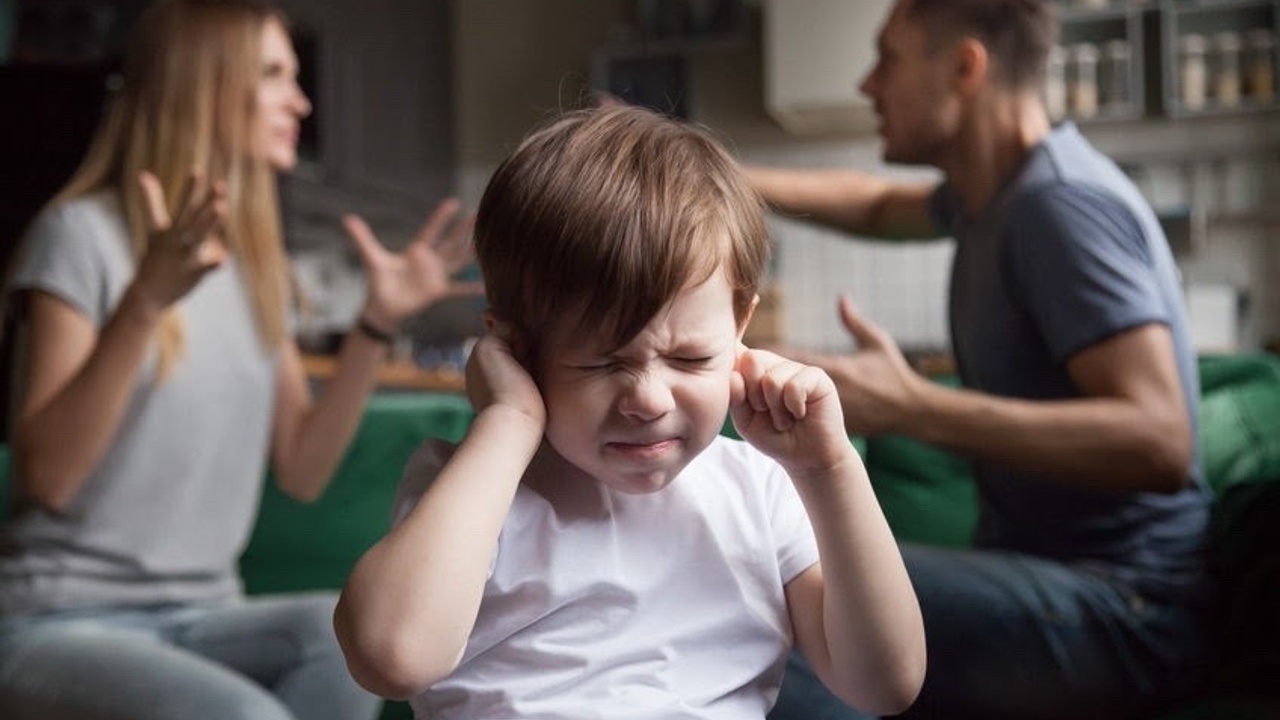
How Trauma Impacts Your Decisions
Nov 14, 2021One of the things that I know for sure from having coached hundreds of people ranging from young adults to CEOs is that we’re all human. We are all susceptible to stress and psychological imbalance. And often the source of our current issues is rooted in our childhood, when traumatic experiences shaped the way we now perceive ourselves, others, and the world at large.
If you’ve been affected by a traumatic incident during your younger years, it’s important to consider how this shapes your decision-making, health, and behavior. Let me share a couple of examples.
One of my CEO clients feels that he is keeping himself “small” in his business, and his self-sabotaging behavior is rooted in early childhood events such as the time when he wanted to go with his parents somewhere and was told, “You can come but you cannot speak.” He came to a decision in that moment that he is not worthy of being seen or heard.
It is important to note that when we recall a traumatic event through the eyes of an adult, we may minimize or trivialize the impact of that moment because, as an adult, it seems like a small thing that could have easily been overcome. However, through the eyes of a child, that “minor” incident is experienced as a significant emotional event which can have life-long consequences (if we do not take actions to release those repressed negative emotions and limiting beliefs).
Another client developed a phobia of elevators because, as a young child, she once played inside a cardboard box and her older brother sat on top of it. She felt trapped and afraid. As an adult, she might have come up with many strategies to help herself survive that incident, such as yelling for help. However, as a 2-year-old child, this uncomfortable situation was experienced as life-threatening and her unconscious mind was instructed to do everything in its power to avoid small enclosed spaces. After doing the work to release that trauma, she is now able to comfortably ride elevators.
In Episode 61 of The MINDset Game® Podcast, I interviewed Dr. Kate Truitt, a neuroscientist and trauma expert, to help you understand how past traumatic experiences shape the way we perceive ourselves, others, and the world at large.
This is an important topic for you to learn more about because the effects of past experiences can be long-lasting, such as sleep disruption (like or for example nightmares and insomnia), emotional outbursts (such as anger and uncontrollable crying), a sense of being out of control, feelings of constant and irrational fear (like anxiety, panic attacks, hyper vigilance), physical illness. In fact, upwards of 90 percent of our present moment experiences are formed by experiences from our past.
As you reflect back on your own past wounds, you might be thinking that what happened to you is not big enough to be labeled a “traumatic event.” It is important that you undestand the types of trauma and how they may be impacting your life, your relationships, your money, and your career or business.
So let me break it down for you. There are two main classifications of trauma commonly called Little T and Big T traumas.
Big T traumas are those events that are most commonly connected with Post Traumatic Stress Disorder (PTSD). These are often shocking, unpredicted events that have caused physical and emotional harm, such as violence, death, crisis situations, and natural disasters. For example, I worked with my veteran clients on releasing emotions that were trapped in their body while serving in Iraq or Afghanistan. Witnessing a Big T trauma can also cause PTSD.
On the other hand, Little T traumas are highly distressing experiences that are often repetitive and ongoing. They may or may not create a traumatic response for an individual. Here are a few of the most common Little T traumas that I have encountered with my clients:
- Emotional neglect
- Bullying in school
- Being a caregiver at a young age
- Moving around a lot
- Not fitting in at school
- Having divorced parents
- Chronic illness
When an individual is exposed to a traumatic event, their brain activates a neurochemical cascade which decides how the individual is going to react or respond to the experience. Once a trauma is encoded, the neurons that encoded the trauma will stay permanently activated until they are intentionally deactivated through trauma treatment.
Here’s the bottom line: The meaning that we give to our life events impact our thoughts, feelings, behaviors, and ultimately our choices. And the exciting thing is that we can decode trauma to free ourselves from past wounds using proven techniques such as Time Line Therapy®, Havening® Techniques, EMDR®, Hypnosis, and EFT Tapping®.
Those of you who have attended my workshops also know that it is important to build your resilience capacity and to help your team at work to be coherent as well. Why? Because when we are confronted with Little T traumas, we can naturally process those events and “shift and reset” much faster. Using self-regulation tools on a daily basis, such as the Quick Coherence® Technique from the Institute of HeartMath, can play a huge part in how stressful events impact your life in the long term.
Listen to Episode 61 of The MINDset Game® Podcast with Dr. Kate Truitt to learn how past traumatic experiences influence your mindsets and what you can do to release the tension, pressure or constriction caused by the trauma to feel more relaxed and think more clearly. To watch the interview on YouTube, click here.
Don't miss a beat!
New moves, motivation, and classes delivered to your inbox.
We hate SPAM. We will never sell your information, for any reason.

